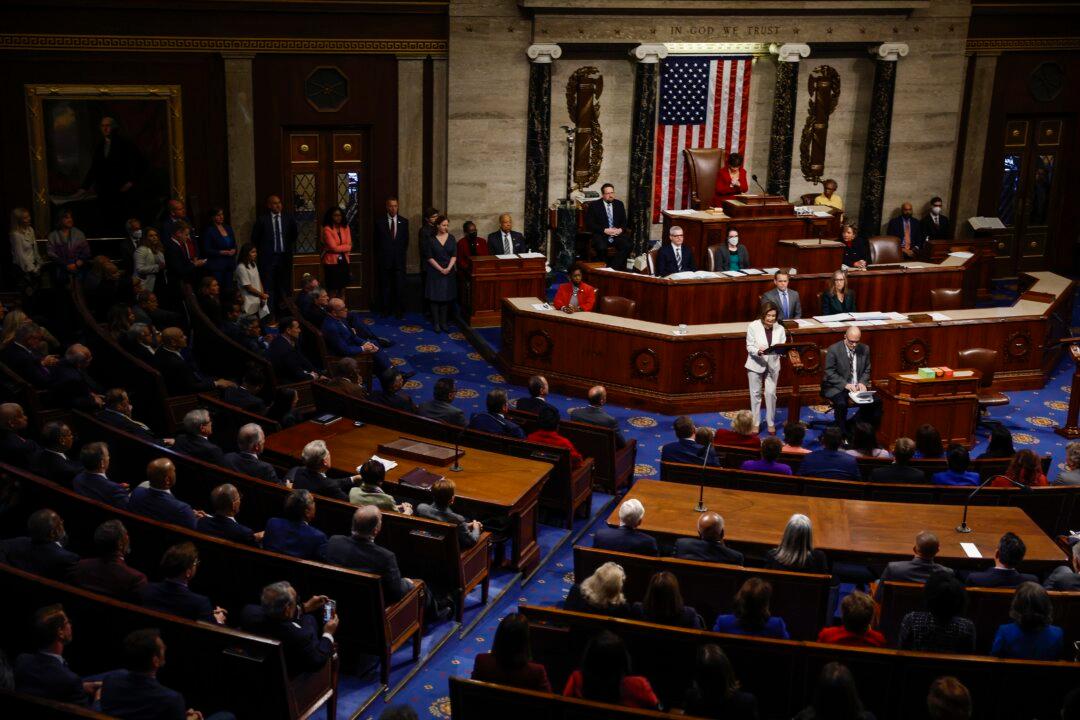Republican House candidates gained over 3 million more votes than Democrats in the Nov. 8 midterm elections, but barely secured a GOP majority in the lower chamber.
Recent data published by the Cook Political Report show that Republicans lead by some 3.5 million votes when all 435 House races are combined. As of Friday morning, Republicans had 54.13 million votes as compared with Democrats’ 50.79 million votes.





